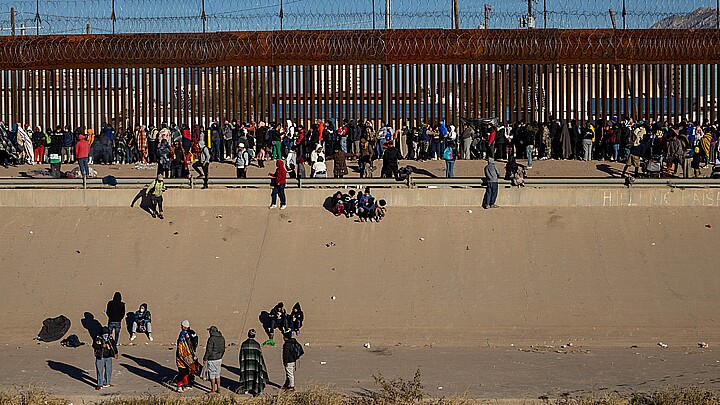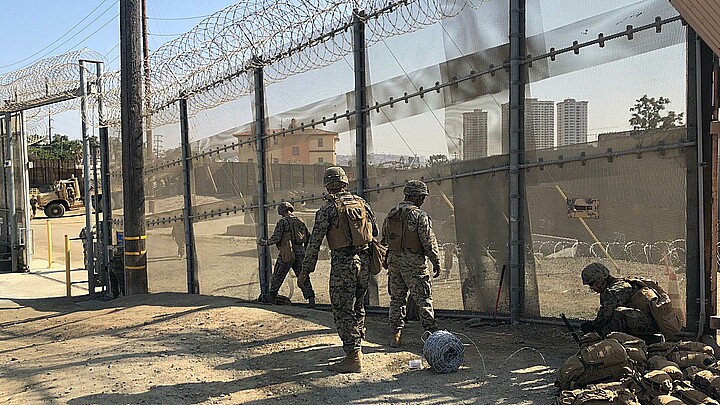Immigration
Arizona Attorney General aims to pause DHS asylum rule
In March, DHS announced the rule that authorizes asylum officers with the U.S. Citizenship and Immigration Services (USCIS) to review and approve asylum applications
May 19, 2022 2:54pm
Updated: May 19, 2022 5:29pm
Arizona Attorney General Mark Brnovich asked the U.S. District Court of Louisiana to pause the Asylum Interim Final Rule, which gives Department of Homeland Security (DHS) officers authority to grant asylum to immigrants.
“With its shocking new rule, the Biden administration is attempting to commandeer the responsibilities and authority of federal immigration judges in the asylum process,” said Attorney General Mark Brnovich last week.
“It is also pursuing this unprecedented power consolidation in a brazen manner that bypasses the requirements of the Administrative Procedures Act,” he added.
Our office just asked a federal court to postpone the effective date of the Asylum Interim Final Rule or grant a nationwide Preliminary Injunction.
— Mark Brnovich (@GeneralBrnovich) May 14, 2022
The Asylum Rule aims to disintegrate the asylum-claim process, which encourages illegal immigration. https://t.co/YmHdyaIMx5
In March, DHS announced the rule that authorizes asylum officers with the U.S. Citizenship and Immigration Services (USCIS) to review and approve asylum applications, removing federal immigration judges from the process.
“The current system for handling asylum claims at our borders has long needed repair,” said Secretary Alejandro N. Mayorkas. “Through this rule, we are building a more functional and sensible asylum system to ensure that individuals who are eligible will receive protection more swiftly, while those who are not eligible will be rapidly removed. We will process claims for asylum or other humanitarian protection in a timely and efficient manner while ensuring due process.”
In a press release, Brnovich’s office claims that the rule “aims to disintegrate the asylum-claim process, which encourages illegal immigration,” amid historically unprecedented levels of border corssing.
To prevent the border crisis from worsening, Brnovich and a coalition of 19 other Attorney Generals asked the Louisiana court to delay the date of the rule’s implementation or grant a nationwide Preliminary Injunction.
According to the statement, if the rule is implemented, the financial cost of supporting the migrants will be covered by each state and would violate six statutory requirements.
“Delaying the looming May 31, 2022, effective date will not only completely avoid harm to the states, but also prevent the federal government from inflicting harm upon itself,” the Attorney General said.









